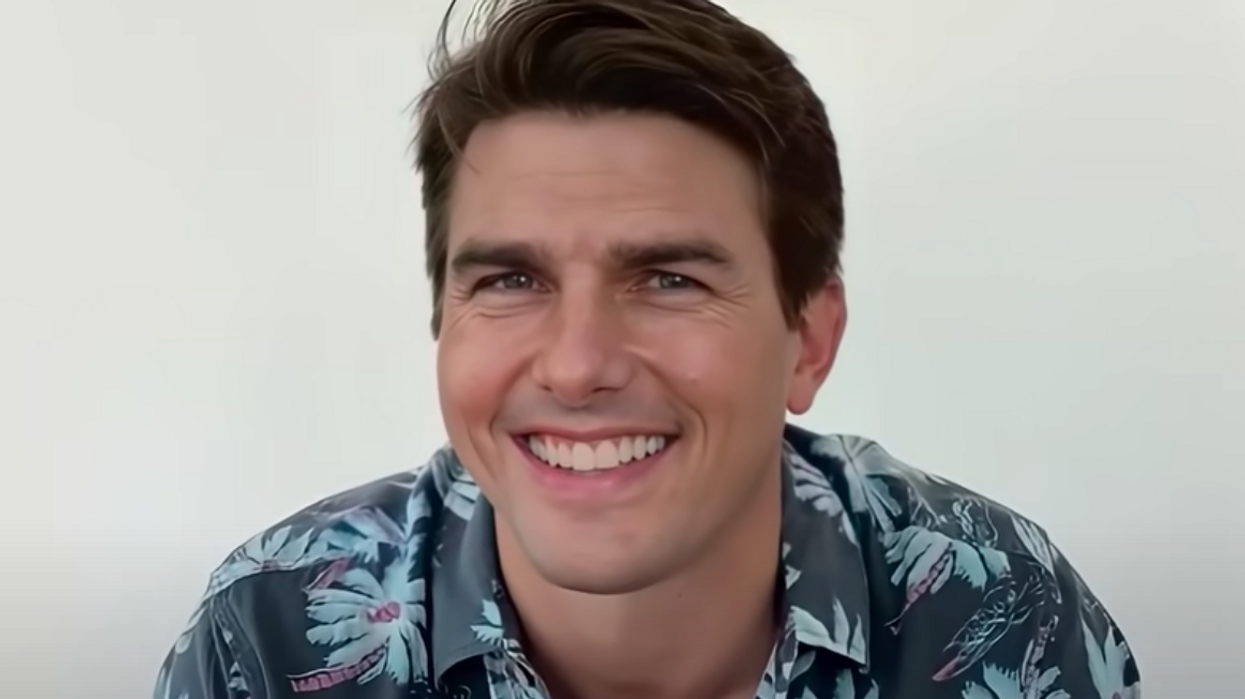Tom Cruise Deepfake Raises Ethics Concerns
Deepfakes are all the rage, but as technology gets better, it's harder to spot reality.

You have to look twice now. It didn't always use to be this way, but as you scroll social media and see a celebrity chatting or discussing something, you have to hesitate. That's because deepfakes are all the rage. Sometimes people make them, and I think they look lame or obvious, but there was a recent one with Tom Cruise that went viral and made me stop scrolling and examine it.
The video's creator is Belgium VFX specialist Chris Ume. He made the video to showcase how good he is with effects and get attention for his resume. Ume told The Verge, “You can’t do it by just pressing a button... That’s important, that’s a message I want to tell people.”
According to Ume, each clip took weeks of work using the open-source DeepFaceLab algorithm as well as established video editing tools.
“By combining traditional CGI and VFX with deepfakes, it makes it better. I make sure you don’t see any of the glitches.”
Check out the video from Chris Ume, and let's talk after the jump.
Tom Cruise Deepfake Raises Ethics Concerns
Ume made a ton of these videos and posted them on a TikTok account called @deeptomcruise. While he recently pulled all the videos, just them existing at all raises ethical concerns. While Ume had good intentions and only used them for fun, the nefarious implications are endless.
Like what if someone who had heard about Cruise's COVID on-set rant a few months ago made one of these videos and pretended it was the real thing from the set? What if they edited in slurs or made it look like Cruise was yelling at someone vulnerable?
Wouldn't that have changed the public perception of what happened? Wouldn't that have hurt Cruise's public persona?
Now imagine what people can do with anyone's face.
As The Verge reports, the technology is being used for the creation of revenge porn or non-consensual pornography of women. And that's just the tip of the iceberg. We're slowly wading into dark territory here.
Sure, Ume used a professional Cruise impersonator to get the mannerisms and voice right to make his deepfake extraordinary, but we've seen the tech take incredible leaps forward since it became popularized. Ume might not be worried. He told The Verge, “It’s like Photoshop 20 years ago, people didn’t know what photo editing was, and now they know about these fakes.”
But I wonder what the cost will be in the future.
Are we going to have to verify footage of ourselves? How will we copyright our faces and voices? What laws govern how we are used? Will commercials use deepfakes of us to show us in clothes or with products? Will our likenesses be sold as easily as our personal information already is on the internet?
Time will tell, but there are certainly many ethical concerns to weigh as we move forward.
Let me know what you think in the comments.











